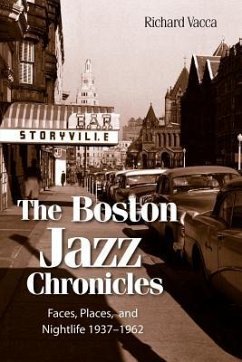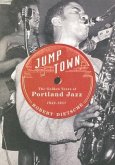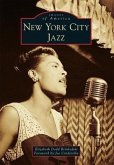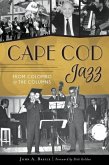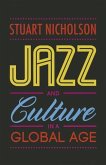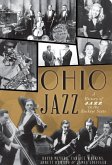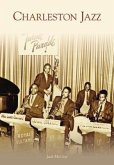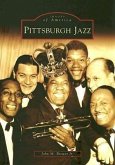There has always been more to music in Boston than the Boston Symphony Orchestra. Jazz, for example, dates to the early 1900s, but it was in the 1940s and 1950s that it truly sparkled. The Boston Jazz Chronicles: Faces, Places, and Nightlife 1937-1962 is the first book to document that city's active jazz scene at mid-century. Boston jazz came into its own during the World War II years, when the big bands supplied America with its popular music, and Boston's Charlie and Cy Shribman were among the kingmakers of the big-band era. The city produced such talents as pianist and bandleader Sabby Lewis, the multi-instrumentalist Ray Perry, and bassist Lloyd Trotman. The scene benefited from the extended wartime presence of established stars, including trumpeter Frankie Newton and trombonist Vic Dickenson, and from the start of a Sunday afternoon jam session tradition that brought the nation's best jazzmen into regular contact with local players. There were opportunities for musicians, particularly young musicians, to gain valuable experience by filling in for the older men serving in the military. The end of the war introduced new jazz sounds to Boston, and reintroduced a few older ones as well. Alongside those musicians like Lewis still playing swing, there were others looking to the past for inspiration, sparking a Dixieland revival, and still others looking forward, spreading the new sound of bebop. There were big-band survivors in downsized groups playing jump blues, and others organizing new big bands along modern lines. The end of the war also brought a surge of talented musicians, many of them veterans and beneficiaries of the GI Bill. They were attracted by the city's music conservatories and the new Schillinger House, soon to be renamed the Berklee School of Music. Boston became a destination for musicians seeking new musical direction. Here they joined with Boston's own contingent of formidable musicians to form a new, more modern scene, led by such luminaries as Jaki Byard, Joe Gordon, Nat Pierce, Charlie Mariano, Herb Pomeroy, Sam Rivers, Alan Dawson, and Dick Twardzik. They would carry Boston jazz to a creative peak in the mid-to-late 1950s that still remains unequaled. The music was splendid, but there was more. Boston was home to influential jazz journalists George Frazier and Nat Hentoff; Berklee College of Music founder Lawrence Berk; Father Norman O'Connor, the Jazz Priest; record company executive and producer Tom Wilson; and Storyville nightclub proprietor George Wein, organizer of the Newport Jazz Festival. And through it all was the music, at the Ken Club, the Savoy Cafe, the Hi-Hat, the Stable, and other rooms both rowdy and refined. The Boston Jazz Chronicles relates this story in reportage and personal anecdotes, and through dozens of photographs, advertisements, and period maps. This complete study also includes extensive notes, a bibliography, discography, and comprehensive index. Author Richard Vacca is a writer and editor with a lifelong interest in cultural history, and he writes and speaks regularly about Boston's jazz and nightlife. He spent seven years researching and writing The Boston Jazz Chronicles, his first book. He is now writing the second volume of the Chronicles, taking the story into the late 1980s. Vacca blogs about Boston, jazz, and history at his website, troystreet.com.
Hinweis: Dieser Artikel kann nur an eine deutsche Lieferadresse ausgeliefert werden.
Hinweis: Dieser Artikel kann nur an eine deutsche Lieferadresse ausgeliefert werden.

